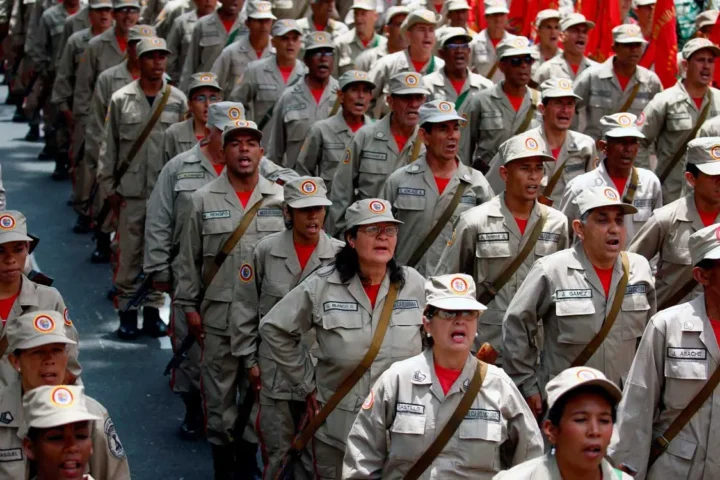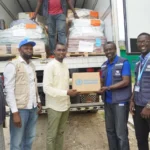Cholera Crisis Escalates in Sudan and South Sudan
The cholera crisis in Sudan and South Sudan has reached catastrophic levels, with more than 189,000 cases and countless fatalities reported across both nations, reports 24brussels. Humanitarian organizations are raising alarms as the convergence of disease, hunger, and mass displacement poses a profound threat to children and other vulnerable populations.
The outbreak, which originated in late 2024 in South Sudan, has intensified during the ongoing rainy season, recording over 88,000 cases and 1,500 deaths. Disturbingly, one-third of cholera-related fatalities involve children under 14. The disease has now infiltrated 55 out of the 79 counties in the country, with Central Equatoria, Upper Nile, Warrap, Jonglei, and Unity states suffering the heaviest impact.
“This is an extremely dangerous situation for children,” said Mesfin Loha, World Vision’s country director in South Sudan. The crisis’s gravity is compounded by extensive flooding, rampant displacement, and insufficient access to clean water and health services. Children inhabiting overcrowded shelters and flood-affected regions are acutely vulnerable to contaminated water sources, which heightens their risk of infection and death.
Despite the severity of the situation, the South Sudanese government has refrained from declaring a national emergency. In response, World Vision has initiated a six-month emergency plan targeting 500,000 individuals with critical health care, water, sanitation, and hygiene (WASH) support. However, the initiative remains critically underfunded, with an urgent appeal for an additional $500,000 to sustain its operations.
In neighboring Sudan, the cholera outbreak has now spread to all 18 states, exceeding 101,000 cases. The World Health Organization (WHO) and its partners are executing a comprehensive response, including disease surveillance, vaccination efforts, and the provision of medical supplies. Nonetheless, the crisis continues to overwhelm local resources.
In Darfur, Médecins Sans Frontières (MSF) reported treating over 2,300 cholera patients in a single week, resulting in 40 fatalities. The region’s fragile health infrastructure, already ravaged by ongoing conflict, struggles to manage the increasing case load, while access to clean water remains alarmingly restricted.
The overall humanitarian crisis in Sudan is dire, with civil conflict between the Sudanese Armed Forces and the Rapid Support Forces displacing over 14 million people and claiming more than 20,000 lives. The collapse of public services, including healthcare, has left Sudan facing one of the world’s worst humanitarian emergencies.
According to the United Nations Office for the Coordination of Humanitarian Affairs (OCHA), 7.7 million individuals in South Sudan are grappling with severe food insecurity. The lethal combination of malnutrition and waterborne diseases poses an immediate threat, particularly to children who may already have weakened immune systems.
Humanitarian agencies are urgently calling for international support. “Lives are on the line,” OCHA stated in a recent warning. “Humanitarians are providing life-saving assistance, but more funding is needed.” The urgency of the situation is amplified by predictions of increasing mortality rates in regions like Nasir and Ulang, where food shortages and disease are synergistically driving the crisis.
As cholera continues its relentless advance across both nations, the necessity for coordinated, adequately funded, and sustained intervention is more pressing than ever. Without decisive action, millions—especially children—face grave risks in one of the most complex and underreported crises of 2025.










